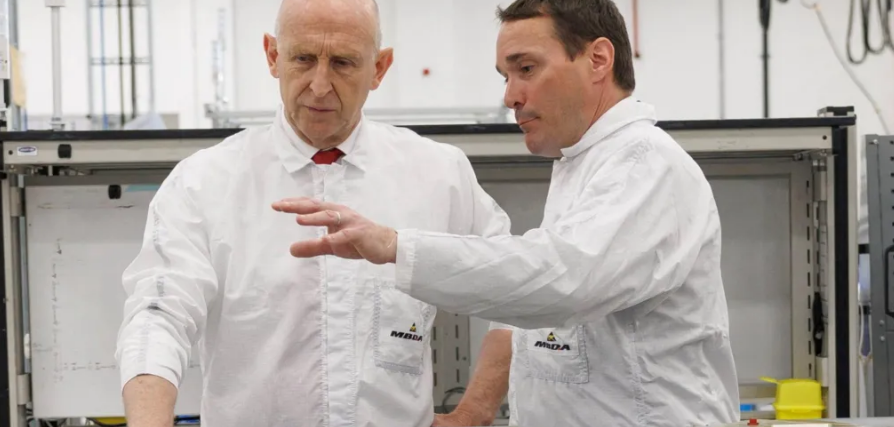The UK’s long-awaited defence review, set to be unveiled on Monday, will declare the country is entering a “new era of threat,” with Defence Secretary John Healey warning of daily cyberattacks from Russia and increasing strategic pressure from both Moscow and Beijing.
Speaking on Sunday with Laura Kuenssberg, Healey said the upcoming review would send a “message to Moscow” and demonstrate Britain’s readiness to respond to growing global instability. “We’re facing cyberattacks on UK military networks every day,” Healey said. “This is about deterrence in a world that is changing.”
The review is expected to highlight the “immediate and pressing” dangers posed by adversarial states, especially Russia, which remains a central threat due to its war in Ukraine and hostile cyber activities. China is also named among the emerging global challenges.
In a bid to boost national security and revitalise the UK’s industrial base, the government will invest £1.5 billion to build six new munitions factories. The Ministry of Defence says this will bring total munitions spending to £6 billion during this parliament and create 1,800 jobs. The facilities aim to ensure an “always on” munitions production system that can scale quickly in a crisis.
The review will also outline a multi-year plan to procure long-range drones and missiles. During a visit to a Storm Shadow missile factory in Stevenage on Saturday, Healey pledged support for the acquisition of up to 7,000 UK-built long-range weapons.
“This is Britain standing behind our armed forces and strengthening our defence industry,” he said. “It’s a signal of readiness—to fight if required.”
Concerns over Britain’s military preparedness are not new. Military leaders have long warned of depleted stockpiles and insufficient investment. A 2021 simulated wargame revealed the British army could run out of ammunition within eight days. Former army chief General Sir Patrick Sanders recently described current missile and artillery reserves as alarmingly low.
To bolster the UK’s digital defence, the review will recommend establishing a new “cyber and electromagnetic command” to lead operations alongside the National Cyber Force. The new unit will be tasked with both defensive and offensive operations, including jamming enemy communications and intercepting drone signals.
Defence spending is also a key focus. Prime Minister Keir Starmer has committed to increasing defence spending to 2.5% of GDP by 2027, with a longer-term goal of 3% by 2034. However, critics, including opposition leader Sir Ed Davey, argue this timeline lacks urgency.
Meanwhile, Healey declined to comment on reports that the UK is considering purchasing U.S.-made aircraft capable of delivering tactical nuclear weapons—potentially diversifying its nuclear arsenal beyond the submarine-based system it has relied on since the Cold War.
“The ultimate guarantee of security is our nuclear deterrent,” Healey said, adding it remains one of the few things President Vladimir Putin “fears most.”


